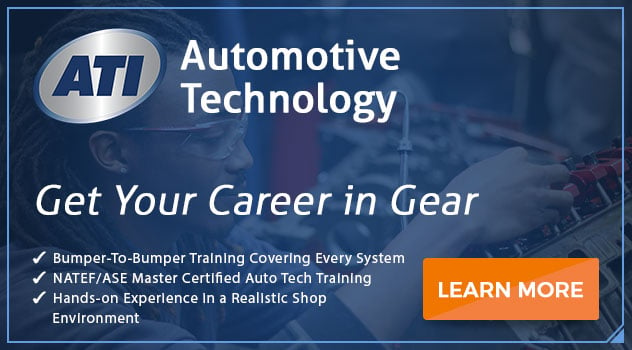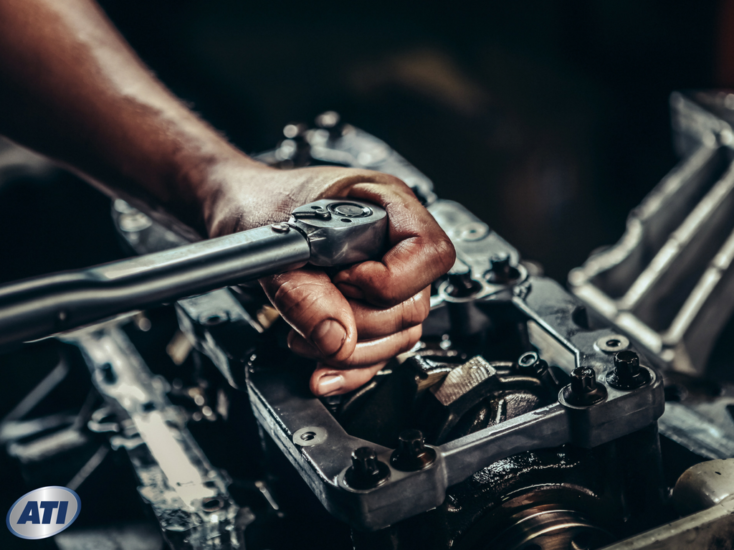What Qualifications do You Need to be a Mechanic in Hampton Roads, VA?

Whenever a car problem arises, individuals rely on their mechanics to quickly and conveniently diagnose and repair the issue. A mechanic, however, can be a car owner’s worst nightmare or best friend.
While all mechanics can diagnose problems and make repairs, not all have the ability to keep customers coming back for help with their vehicles. Car owners only want to be served by ethical, trustworthy and skilled mechanics. To be a great and successful mechanic, you should have the following qualities:
- Attention to detail. Whether you work on diagnostics, repairs, or maintenance, you must be able to perform those tasks with precision. This is important because working on vehicle components could save or destroy someone’s life. You should also have the perseverance to find solutions for difficult problems.
- Problem-solving skills. A good mechanic can properly identify problems and provide the best possible solutions. You should be aware of diagnostic resources and be in a position to look at an issue from many different angles.
- A solid work ethic. Your customers will depend on you. A great auto mechanic has a good work ethic and is committed to putting their best effort forward. You’ll need to be honest, hardworking, reliable, and ready to take on all aspects of your job.
- Strong technical aptitude. A mechanic should be in a position to use different technical tools for the purpose of diagnosing and correcting a wide range of vehicular issues.
- Up-to-date technology. With constant advancements of vehicles and technology, a great mechanic should stay on top of the changes, continue to keep learning and be knowledgeable about the most common problems so they can best serve their customers.
- Strong customer services skills. You’ll need good interpersonal and customer service skills to be a great mechanic. You must be able to communicate effectively to understand the specific needs of your customers and be able to explain complex technical issues in plain English. A positive and pleasant attitude will keep customers at ease with your service and they’ll want to come back again when they have issues with their cars.
Get Started in this Field with Formal Education
While it’s possible to become a mechanic without any formal education, in today’s industry, it can be difficult to get your first job in an auto shop without any prior mechanical experience. Most employers are increasingly shifting to hiring individuals with technical school certificates or associates degree on their resume. Why? Because formal education shows potential employers that you:
- Prove you are adept at learning new skills and will take instructions
- You’re devoted to this career path and that why you’ve made an investment of time as well as finances
- That you have a strong foundation of automotive training and are an asset and a not a liability to the business.
Without formal education, it can be difficult to convince your potential employers that you have the qualities needed to be a mechanic and that you’re fit to take the opportunity for the job. Even if you’re successful, you may face difficulties progressing past your entry-level position as you may not have many opportunities to learn advanced techniques and procedures. But with formal education, you should be prepared for more advanced mechanical positions. A degree will also substitute the level of experience that the employer might be looking for.
What You Should Learn in a Formal Setting
An associate in occupational science takes more than just classroom time. The hands-on training you acquire through formal education provides you with the knowledge to handle important entry-level tasks, as well as occupational safety knowledge and service management skills.
The advanced programs could also introduce you to the latest mechanical engine technology that will make you stand out from the pack. This is especially important in an industry where even the most experienced professionals are in most cases only conversant with traditional gasoline and diesel engines. In an automotive school, you should taught by experienced and knowledgeable teachers. Furthermore, you will probably learn about the latest technologies.
Formal education programs also have classes on customer service, business management, communications skills, inventory management, employee relations, and business financial reports. This means that in addition to gaining the technical knowledge on how to work on vehicles, graduates also obtain an understanding of how to run an automotive shop. This can help them find gainful employment or even open their own auto repair shop.
If you’re passionate about cars, enjoy working with your hands, helping others and repairing stuff, a career as an auto repair mechanics may excite you. If you’re interested and have the qualities needed to succeed as a mechanic, consider enrolling for an Associate of Occupational Science Degree in Automotive Technology with Service Management at Advanced Technology Institute. Contact us today and speak with a friendly admissions counselor to learn more about this exciting program.

Industry Knowledge
Welcome to the Advanced Technology Institute's Blog, your resource for industry insights and discussions on technologies shaping the future of automotive, heavy vehicle, hvac, welding, and other related career paths.
Explore how ATI's curriculum and hands-on learning opportunities can propel your career in the tech-driven world.
.jpg)

